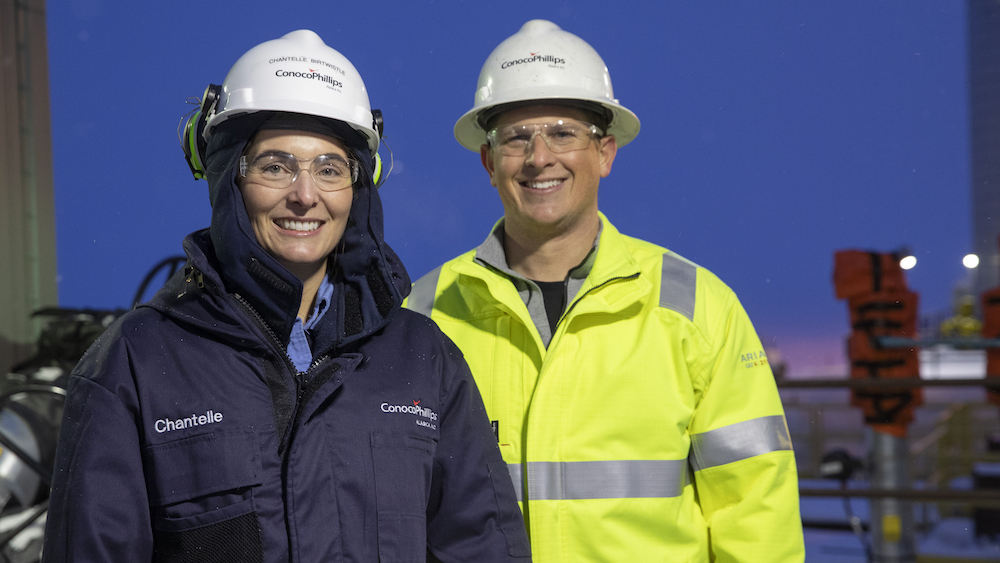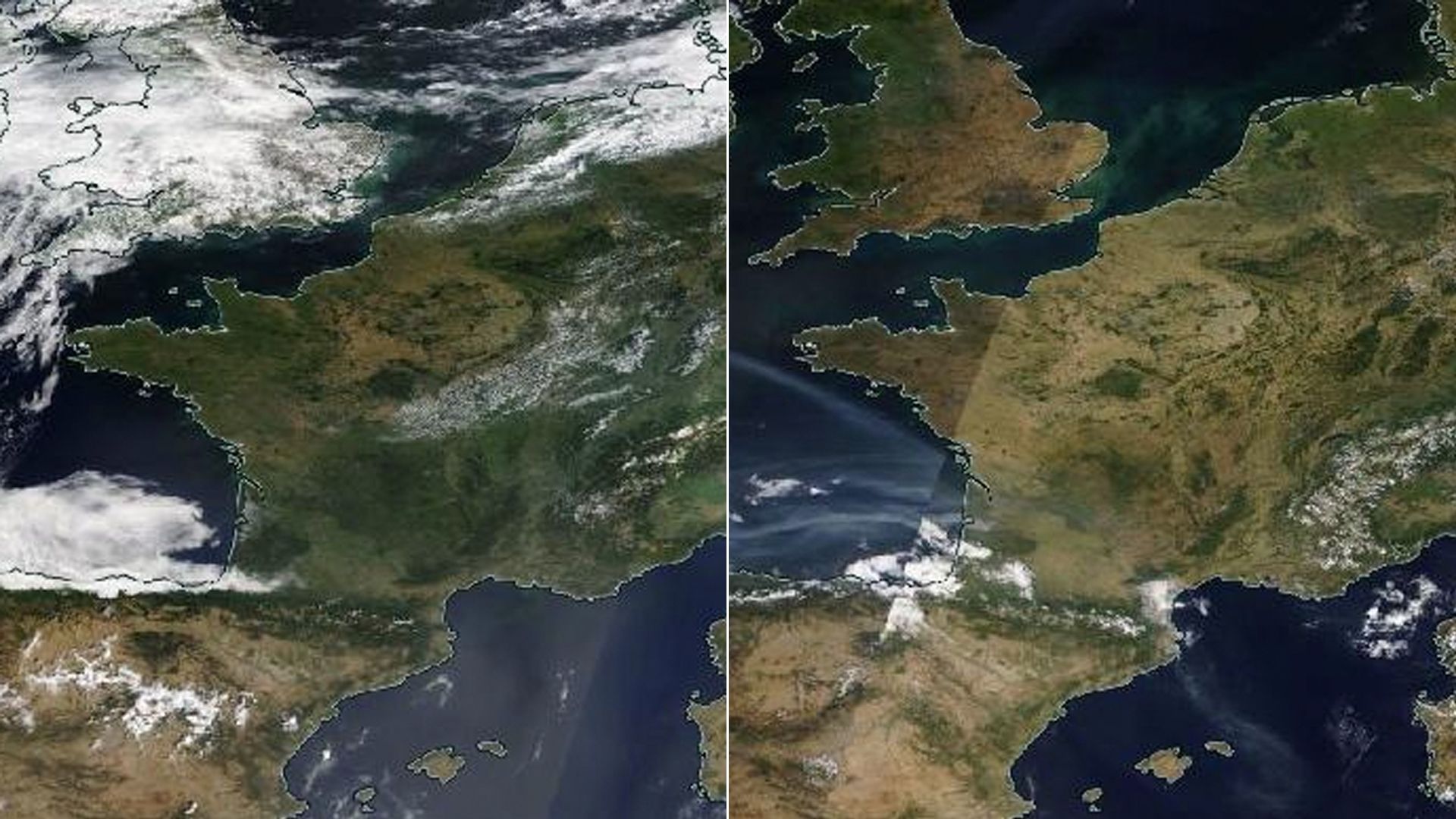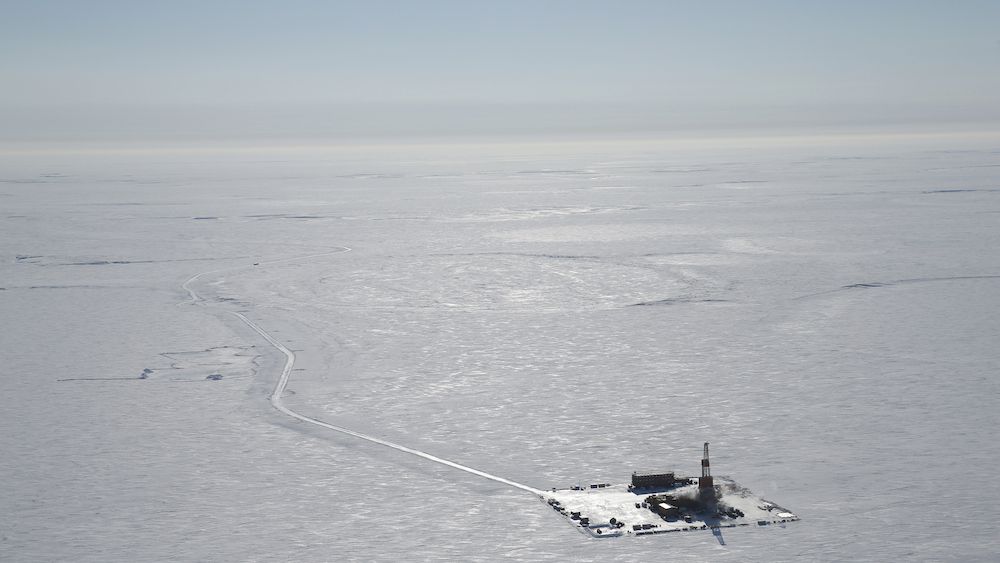| |
| |
| |
| Presented By ConocoPhillips |
| |
| Axios Generate |
| By Ben Geman and Andrew Freedman · Aug 12, 2022 |
| 🍺 Made it! Today's newsletter, edited by Mickey Meece, has a Smart Brevity count of 1,142 words, 4.5 minutes. 🚨 Democats' big climate bill is likely to clear Congress later today. Please watch the Axios website for updates. 🎸 Happy birthday to Mark Knopfler of Dire Straits, whose brilliant guitar work animates this week's final intro tune... |
| |
| |
| 1 big thing: The bill and the midterms |
 |
|
| Illustration: Allie Carl/Axios |
| |
| The likely passage of Democrats' climate plan will instantly bring a fresh political challenge: selling it to voters, Ben writes. Why it matters: This fall's midterm elections will be the first ever to unfold after the enactment of sweeping climate legislation. - "This is a totally unprecedented moment that we're finding ourselves in," said David Kieve, president of EDF Action, the political arm of the Environmental Defense Fund.
Catch up fast: The House is expected to approve the Senate-passed climate, health and tax package today, sending it to President Biden's desk. - It contains roughly $370 billion for renewables, cleantech manufacturing, home efficiency, electric vehicle purchases, hydrogen development and much more.
What we're watching: How Democrats will campaign on the bill, how the GOP will attack it, and whether it's as much of a political asset as Democrats hope it will be. The legislation will play a prominent role in various environmental groups' midterm campaigns in tight races in states like Georgia, Nevada, New Hampshire and Pennsylvania. - That includes the $100 million multi-group campaign around federal and state races conducted jointly by EDF Action Votes, the League of Conservation Voters (LCV) Victory Fund, Climate Power Action and others. It was announced in early June.
- "This will be an important message point to demonstrate that this is what can happen when pro-climate champs are in office," said Pete Maysmith, LCV's senior VP for campaigns.
The other side: Republican strategist Scott Jennings does not see Democrats getting a political lift from the legislation. - He said in an interview with Axios that polls show the economy is the top issue for voters and cited studies that suggest the bill is not projected to have much effect on inflation.
- "I think if you're going to call something inflation reduction, and the bill itself doesn't have any meaningful impact on inflation between now and Election Day, which I don't think it will, you're going to probably end up owning that more than you'll own any success about global warming," he said.
Yes, but: Democratic officials and environmentalists are heavily emphasizing the economic dimensions themselves, especially the potential to lower consumers' energy costs. Creating jobs in clean energy-related construction and manufacturing will also be a focus. Read the whole story. |
    |
| |
| |
| 2. Charted: Potential clean power growth |
 Data: Rhodium Group; Chart: Thomas Oide/Axios Want more on what the bill might do in the real world? The chart above is one piece of a forthcoming Rhodium Group analysis, Ben writes. Why it matters: The power sector is currently the second-largest source of U.S. greenhouse gas emissions, not far behind transportation. |
    |
| |
| |
| 3. 🏃🏽♀️Catch up fast on the climate legislation |
| ⚔️ There's now even more controversy around the bill's battery sourcing rules for EVs eligible for expanded consumer subsidies. - EU officials fear the requirements "discriminate against European producers and break World Trade Organization rules," the Associated Press reports.
- Provisions aimed at bolstering the North American supply chain are also prompting concern that few vehicles would qualify initially.
🤷🏽♂️ Don't assume Sen. Joe Manchin's (D-W.Va.) side deal with Democratic leaders to advance a separate permitting measure will get across the finish line, the Wall Street Journal reports. - Manchin's plan is aimed at lowering hurdles to developing projects including fossil fuel infrastructure and notably a key gas pipeline in his state.
- But unlike the climate bill, it can't move under special rules that make it immune from Senate filibuster.
- The WSJ reports that GOP lawmakers are "skeptical of assurances it will help the fossil-fuel industry" and don't like how it was tethered to the climate package.
🛢️Bloomberg has a helpful look at diverging views in the oil industry over the Democrats' big energy bill. - Several Big Oil companies have said positive things about the bill that boosts federal support for their efforts in areas like hydrogen carbon capture.
- But smaller, independent producers don't share their views. "They're bracing for a raft of new fees and taxes, including penalties on leaking methane and much higher payments for drilling on federal land."
|
    |
| |
| |
| A message from ConocoPhillips |
| The Willow Project |
| |
 |
| |
| ConocoPhillips is working with Alaskans to ensure the Willow project is a strong example of an environmentally and socially responsible development. Willow offers extensive public benefits, including local revenues to support Alaska Native communities. Learn more. |
| |
| |
| 4. Arctic warming may be underestimated |
 |
|
| Illustration: Annelise Capossela/Axios |
| |
| Human-caused climate change has been warming the Arctic nearly four times faster than the global average since 1979, researchers said in a new peer-reviewed study, Axios' Jacob Knutson reports. Why it matters: If correct, the data in the journal Nature Communications Earth & Environment signal Arctic warming is happening significantly faster than previously shown. Threat level: Via Andrew, Arctic climate change affects the entire world by altering the temperature difference between the tropics and the pole. - This can tip the scale toward more extreme weather events from a slowing summertime jet stream.
- The loss of sea ice induces positive climate feedbacks that in turn warms the region even more rapidly, and can speed the melt of land-based ice sheets as well. This aspect of the climate is known as "Arctic amplification."
The intrigue: It was long thought the region was warming at more than twice the rate of the rest of the globe. Such rapid warming may be more difficult to slow through emissions cuts. Keep reading. |
    |
| |
| |
| 5. EV "charging deserts" are a problem |
 Data: SparkCharge; Map: Erin Davis/Axios Visuals Automakers and startups last year spent as much as $3.5 billion on electric vehicle charging in the U.S. — but the effort is still excluding predominately "Black and brown communities," per mobile EV charging startup SparkCharge, Axios' Alan Neuhauser reports. Why it matters: Historically underserved and lower-income Americans have the most to gain from the lifetime savings of an EV, yet the deployment of EV infrastructure and services is shutting out these communities. What's happening: So-called EV charging deserts have been a persistent challenge — both in cities and in rural communities. - SparkCharge mapped such deserts in Boston (above), Dallas, Los Angeles and San Francisco.
- As you might guess, the gaps — marked in red — overlap with mostly Black and brown communities.
Yes, but: SparkCharge says that its own customer base — through the app Currently — has demonstrated a huge appetite for EVs in the neighborhoods that are being left out. - "Currently has customers in 90% of the poorest ZIP codes in the Bay Area, Greater Los Angeles, and the Dallas-Ft. Worth Metroplex, where we are often the only EV infrastructure available or accessible."
Sign up for Axios Pro Climate Deals to read the whole story. |
    |
| |
| |
| 6. European drought as seen from space |
 |
|
| Satellite images of Western Europe taken on Aug. 14, 2021 (left) and Aug. 11, 2022 (right) show the browning of the landscape this year due to drought conditions. (NASA Worldview) |
| |
| A record drought visible from satellites is affecting Europe, with rivers that are vital corridors of commerce running dry, Andrew writes. Threat level: Extreme heat will affect Spain, France and England again today, with temperatures in London reaching the low-to-mid 90s. - Fire danger in these areas is extreme, with firefighters in France battling a large wildfire in French wine country in the Gironde region.
- Data released today from the Copernicus Atmospheric Monitoring Service, an EU program, shows France has had its highest estimated carbon emissions from wildfires this year of any year since 2003.
- The U.K. Met Office Fire Severity Index is predicted to reach "exceptional" levels, the highest rating of wildfire risk on its forecast scale, from Friday through Sunday across southeastern England, including the greater London area.
Read more. |
    |
| |
| |
| A message from ConocoPhillips |
| Advancing Alaska's economic and energy future |
| |
 |
| |
| The Willow project combines state-of-the-art technology and a strong commitment to environmental stewardship. The benefits: It will produce much needed domestic energy and create jobs for skilled union labor. We are proud to produce the energy America needs. Learn more. |
| |
| 📬 Did a friend send you this newsletter? Welcome, please sign up. Thanks for reading and have a great weekend. |
 | | Why stop here? Let's go Pro. | | |









No comments:
Post a Comment